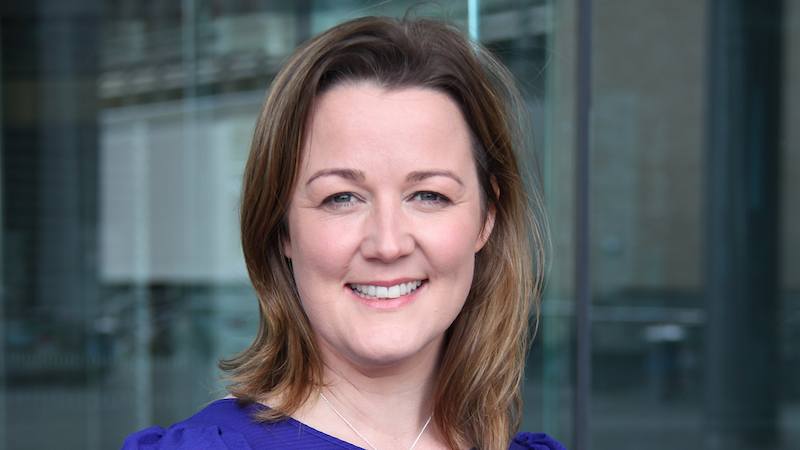
You might have heard the term ‘tech bro’ – a shorthand for the hypermasculine culture synonymous with the startup world.
While it’s often associated with Silicon Valley, that same culture also exists in New Zealand’s innovation scene, say researchers Professor Anne de Bruin and Dr Janine Swail, pictured above.
Entrepreneurial ecosystems – the networks, organisations and funding systems that support startup ventures – might seem open to all, but are far from gender neutral, the researchers say.
“The strong association of masculine traits with entrepreneurship persists, hindering gender equity,” says de Bruin.
In a new paper, de Bruin and Swail research how gender dynamics shape startup ecosystems. “If you think about Auckland’s startup sector, it’s still pretty ‘tech bro’,” says Swail.
“We need to rethink what it means to be inclusive in entrepreneurship. This starts with challenging the norms that shape entrepreneurial culture – norms that can make women feel unwelcome.”
“Imagine you’re a female deep-tech entrepreneur looking for a lab or an accelerator programme. You walk into a space that feels overwhelmingly masculine – filled with inside jokes, blokey language and a ‘boys club’ vibe.
“It can be difficult to feel like you belong, let alone thrive,” Swail adds.
One of the main obstacles is the gender bias embedded in the structures and language of entrepreneurship, says de Bruin. She also highlights New Zealand’s finance ecosystem, where most venture capitalists are men.
Reshaping venture structures to empower women
Swail and de Bruin point to venture capital community Coralus as an example of challenging traditional funding structures in the startup world.
When launched in 2015, Coralus aimed to create more equal funding opportunities for women.
It has since reversed the traditional funding model favouring male-led ventures, distributing nearly $19 million to more than 190 female-led ventures.
“By challenging traditional funding structures, Coralus reimagines what an entrepreneurial ecosystem can look like,” says Swail.
“If New Zealand wants to develop a genuinely diverse startup sector, we need to question who it’s built for and who’s being left out,” says de Bruin.
“We can create new pathways and build a future for entrepreneurship that’s more inclusive, more equitable and ultimately, more innovative.”




